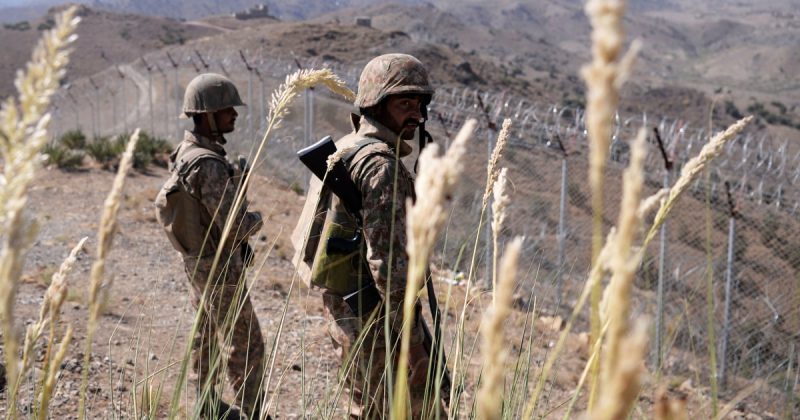
A devastating suicide car bombing in northwest Pakistan has claimed the lives of at least 14 soldiers and injured 25 others, including civilians. The attack, which occurred in North Waziristan during lunchtime, targeted a military vehicle despite a curfew in place to facilitate the movement of security forces. Intelligence officials, speaking anonymously due to authorization restrictions, reported the use of a significant amount of explosives – an estimated 1,760 pounds – resulting in widespread damage to nearby houses. The casualty figures vary slightly, with the military reporting lower numbers. Graphic footage from the scene in Khadi village shows injured children amidst the devastation.
Responsibility for the bombing has been claimed by the Hafiz Gul Bahadur group, a faction of the Pakistani Taliban. This group is known for its lethal attacks on security personnel and operates in the volatile Khyber Pakhtunkhwa province, a region known to harbor several outlawed militant groups. Pakistan has long accused Afghanistan of providing safe havens to these groups, a claim consistently denied by Kabul.
The incident highlights the ongoing conflict and instability in the region. According to Pakistani analyst Abdullah Khan, the Hafiz Gul Bahadur group is particularly dangerous, even surpassing the Pakistani Taliban in lethality. He also points to a resurgence of other banned organizations, such as Lashkar-e-Islam, contributing to an overall escalation of militant activities within Pakistan. The attack serves as a grim reminder of the complex security challenges facing the country and the ongoing struggle against militant groups.
The aftermath of the bombing has left a community in mourning and highlights the urgent need for effective counter-terrorism strategies and regional cooperation to address the root causes of this persistent violence. The international community will undoubtedly be watching closely as Pakistan grapples with the consequences of this tragic event and continues its fight against extremism.










